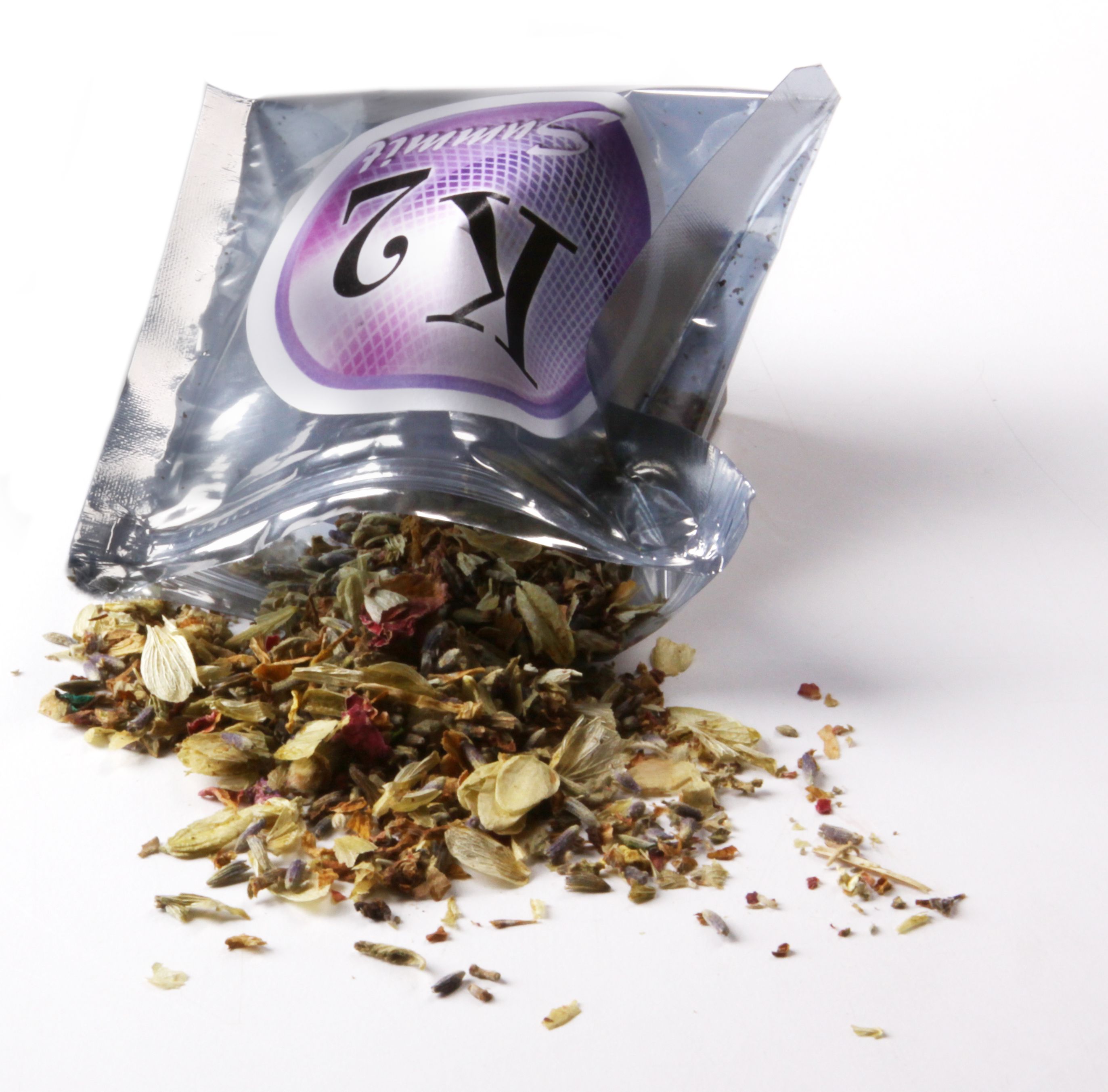Checking Out the Promising Applications and Favorable Impacts of Flavor as a Synthetic Cannabinoid
In recent years, the expedition of synthetic cannabinoids, particularly Flavor, has actually stimulated fascinating conversations within the clinical and scientific areas. As study dives much deeper into this artificial substance, uncovering its resemblances and variations with all-natural cannabinoids, a nuanced understanding of its benefits and difficulties emerges.
Therapeutic Possible of Seasoning
Discovering the healing capacity of Seasoning, an artificial cannabinoid, involves a critical exam of its pharmacological properties and possible medical applications. Flavor, additionally referred to as artificial cannabis, connects with the endocannabinoid system in a fashion comparable to natural cannabinoids, such as those discovered in marijuana. This interaction leads to different physical results that have stimulated interest in its restorative opportunities.
Studies have actually indicated that Seasoning may have prospective as an analgesic, assisting to minimize discomfort in conditions such as neuropathic discomfort or chronic inflammatory discomfort - Buy K2 Paper For Sale. Furthermore, its interaction with cannabinoid receptors offers a possibility for exploring its use in managing signs and symptoms of conditions like several sclerosis or chemotherapy-induced queasiness and vomiting

Discomfort Management Perks
Spice, a synthetic cannabinoid, shows promising capacity in pain administration due to its analgesic residential properties and interactions with the endocannabinoid system. The analgesic residential properties of Flavor originate from its capability to modulate discomfort perception paths, providing alleviation from various kinds of discomfort, consisting of neuropathic, inflammatory, and nociceptive pain. By targeting the endocannabinoid system, Flavor can control discomfort signals, decrease inflammation, and ease discomfort connected with persistent discomfort problems.
Researches have actually shown that Spice can properly decrease pain strength and enhance pain resistance in preclinical designs of pain. This artificial cannabinoid has demonstrated effectiveness in handling discomfort signs and symptoms without triggering substantial damaging impacts generally connected with standard pain medications. In addition, Spice shows prospective in lessening opioid dependence and misuse, supplying a safer choice for discomfort management.
Neuroprotective Residences
Synthetic cannabinoids like Spice have been significantly acknowledged for their prospective neuroprotective properties in alleviating neuronal damage and promoting brain health. Studies recommend that these compounds might provide neuroprotection through different mechanisms, including antioxidant results, anti-inflammatory homes, and modulation of natural chemical release. By engaging with the endocannabinoid system in the brain, synthetic cannabinoids can manage neuronal task and possibly decrease the impact of neurodegenerative diseases or injuries.
One key element of the neuroprotective residential properties of Flavor is its capacity to regulate excitotoxicity, a procedure in which extreme excitement of neurons leads to cell damages or death. By regulating natural chemical launch and wetting excitotoxic signaling pathways, artificial cannabinoids might help guard neurons from damaging overstimulation. In addition, the anti-inflammatory impacts of Seasoning could mitigate neuroinflammation, which is frequently implicated in numerous neurological conditions.
Relative Analysis With All-natural Cannabinoids
In comparing the neuroprotective residential or commercial properties of synthetic cannabinoids like Spice with those of all-natural cannabinoids, a nuanced evaluation of their particular results on neuronal health and wellness is critical. Natural cannabinoids, such as those discovered in the cannabis plant, have been thoroughly studied for their neuroprotective effects. These compounds interact with the endocannabinoid system in the body, which plays an view it important function in preserving neuronal feature and protecting versus neurodegenerative conditions.

Regulatory and Honest Considerations
Considering the possible implications on human health and wellness and wellness, an exam of regulatory and ethical factors to consider bordering using synthetic cannabinoids compared to natural cannabinoids is necessary. Artificial cannabinoids, like Spice, present distinct difficulties due to their commonly unknown chemical compositions and effectiveness variants. Governing bodies encounter the challenging task of staying up to date with the quick introduction of brand-new synthetic cannabinoid compounds, which can make it difficult to web apply regular and effective guidelines.

To resolve these regulative and ethical obstacles, policymakers have to focus on research right into the lasting results of artificial cannabinoids and develop clear standards for their production, sale, and use. Education and learning campaigns are vital to educate the public about the threats associated with synthetic cannabinoids and advertise accountable usage techniques. By taking aggressive procedures, society can better safeguard versus the prospective harms positioned by artificial cannabinoids while promoting honest standards and securing public wellness.
Final Thought
To conclude, the examination into the therapeutic capacity of spice as an artificial cannabinoid has actually revealed encouraging results in pain administration and neuroprotection. Comparative analysis with natural cannabinoids recommends similar advantages. Regulative and moral considerations must be meticulously taken a look at before widespread usage. In general, the favorable effects of flavor as an artificial cannabinoid warrant further research and exploration in the medical field.